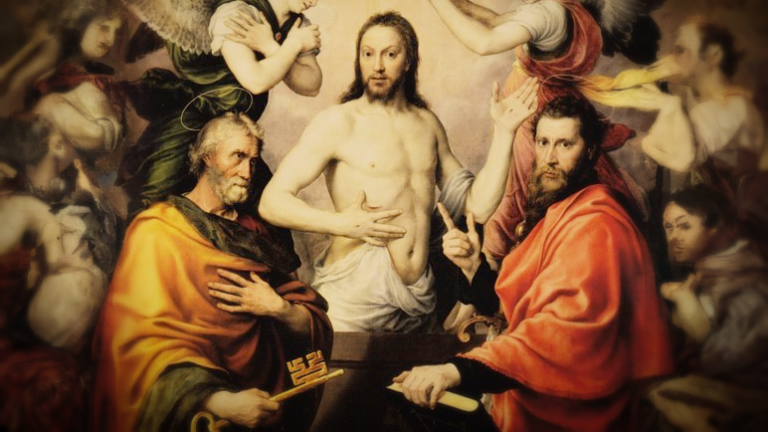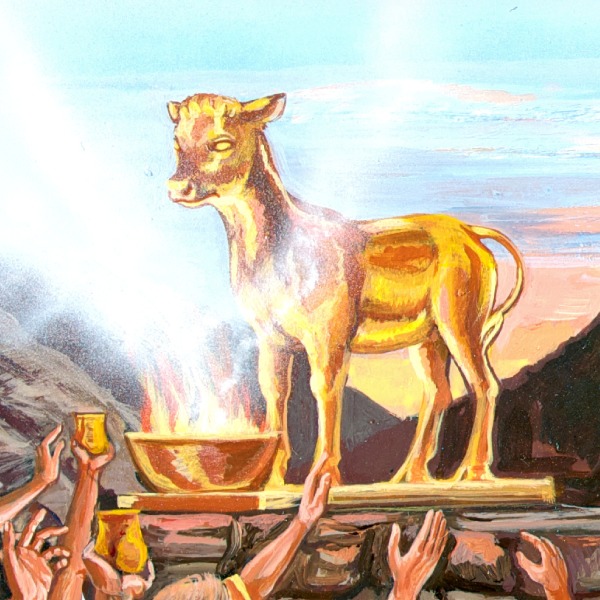Pascal, as he developed probability theory, used an “infinite series” to explain why, even after one hundred coin flips came up “heads”, there was still a fifty-fifty chance that the next flip would be “heads”.
“Imagine that the coin flip went on forever. The longer the series of flips, the closer the results would be to fifty-fifty.”
An obvious reply is “But, no coin flip would go on forever. Most would end in a matter of minutes, maybe hours. So, if there were 100 coin flips that came up heads, the chances are that the last flip would be tails. There is, in fact, no such thing as an infinite series.”
Lotteries, as we know, do not operate on the basis of “heads or tails”. Long, complicated numbers must be matched. The odds of that happening in most lotteries is one per billion, or some such astronomical impossibility.
Those profiting from lotteries are quick to overcome the instinctive awareness that there is so little chance of winning that it is useless to participate.
“Someone has to win.”
“You can’t win if you don’t play.”
Both statements sound true, but are, in fact, false. First of all, no one has to win. Many lotteries are not won, but merely extended to the next drawing period. Frequently, no one wins that lottery, either, or many, many more that follow. Yet, many have bought tickets, and go on buying tickets, when no one won.
And, you are absolutely sure to win something, if only by retaining your purchase money, if you do not play than if you do. In fact, by investing a dollar a day and making 10% on the investment, in 66 years, you will have a million dollars.
So, it is the size, effortlessness, and speed of the amount we can win that prompts the participation. We want to make a killing. We want a big, quick gain. The risk is small, the gain is huge, and those two opposites blind us to the reality of the odds.
We will probably never win even enough to repay us for the tickets we have purchased.
Still, we go on. Hope does spring eternal.
What we may really want is to do better than the slow plodders who we clearly see are getting ahead of us. What the lottery player may really want is a sop to vanity. “I am so lucky that I don’t even have to work and I get millions.”
In fact, by not slowly and steadily investing a dollar or two a day, the odds are hundreds of millions to one that vanity will cause poverty. The dream is dead before it is dreamed.







